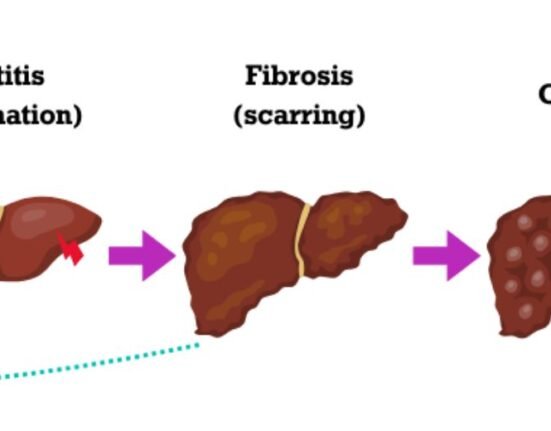HQ Team
June 26, 2023: Pfizer Inc. announced that USFDA has accepted its biologics license application for treating bleeding disorders in adults through gene therapy.
The European marketing authorization application has also been accepted and the European Medicines Agency was currently reviewing it, according to a statement.
The biologics license application is a request for permission to introduce or deliver for introduction, a biologic product into interstate commerce.
The experimental therapy, called fidanacogene elaparvovec, helps in one-time clotting for patients living with hemophilia B.
Factor IX gene
The goal of gene therapy was to cure patients through a combination of a bio-engineered adeno-associated virus capsid or protein shell and enable them to produce a high-activity variant of the human coagulation “factor IX” gene.
Adeno-associated viruses are small viruses that infect humans and some other primate species.
The therapy is a one-time treatment rather than needing regular intravenous infusions of the gene, as is the current standard of care.
“Gene therapy marks a new era of scientific advancement, and if approved, we believe fidanacogene elaparvovec has the potential to transform the lives of people living with hemophilia B who are eligible for treatment,” said Chris Boshoff, chief development officer of Oncology and Rare Disease, Pfizer Global Product Development.
“Patients are at the center of our legacy of innovation in hemophilia. Despite significant progress in their treatment, those living with hemophilia continue to experience disruption to daily life and need new options.”
Safety data
The submissions to the regulatory authorities for fidanacogene elaparvovec were based on efficacy and safety data from the late-stage phase III study.
The study met its primary endpoint of “non-inferiority and superiority in the annualized bleeding rate of total bleeds post-fidanacogene elaparvovec infusion versus prophylaxis regimen with FIX, administered as part of usual care.
The FDA has set a Prescription Drug User Fee Act (PDUFA) goal date in the second quarter of 2024.
Fidanacogene elaparvovec has been granted Breakthrough, Regenerative Medicines Advanced Therapy (RMAT), and orphan drug designations from the FDA.
Pfizer currently has three phase III programs investigating gene therapy in populations where there is a high unmet need: hemophilia B, hemophilia A, and Duchenne muscular dystrophy.
A phase III trial is also ongoing investigating marstacimab, a novel, investigational anti-tissue factor pathway inhibitor being studied for the treatment of people with hemophilia A and B with and without inhibitors.








